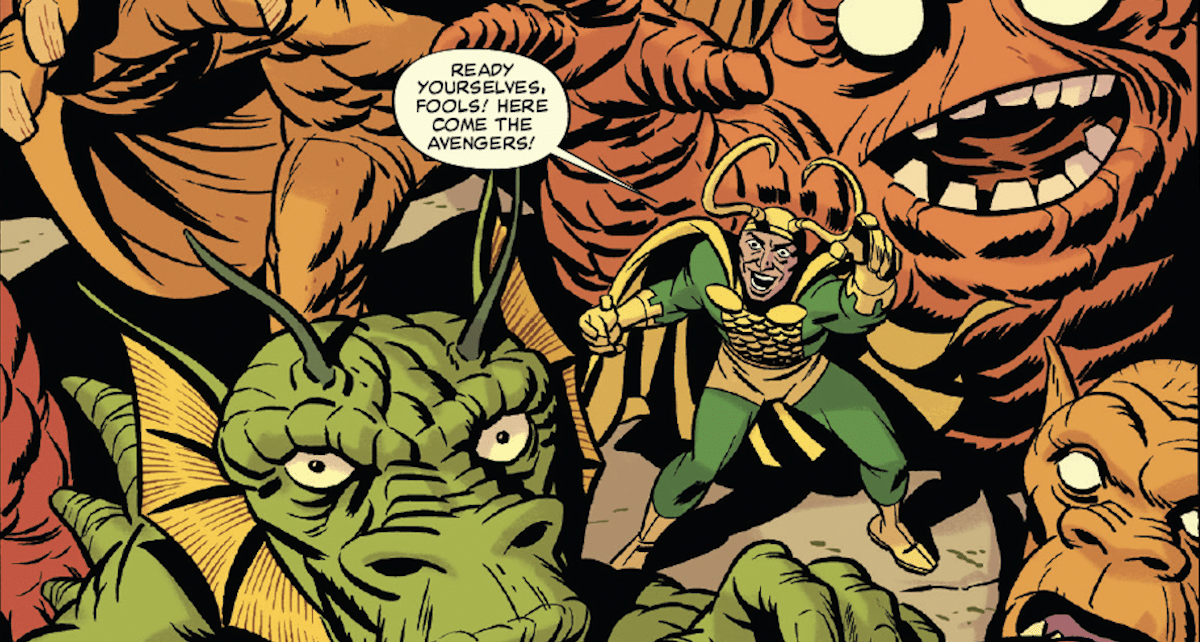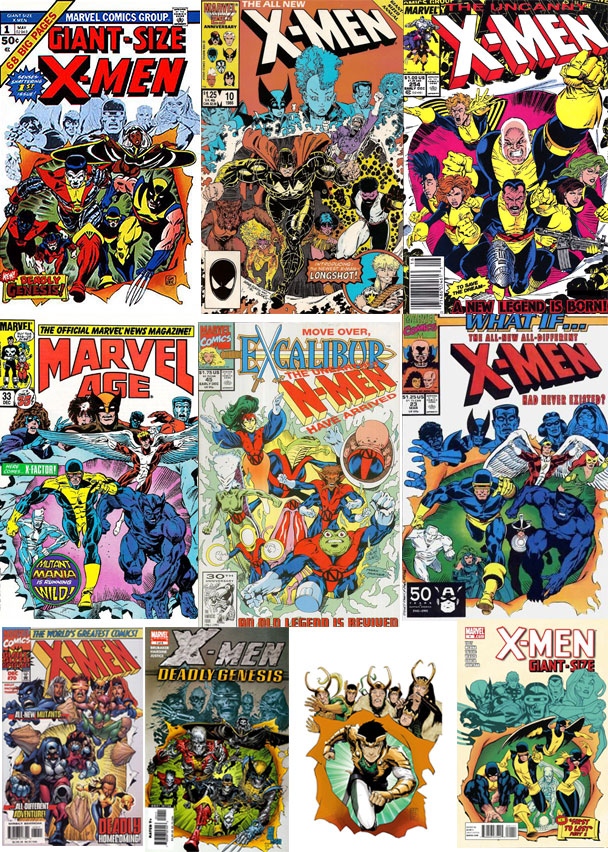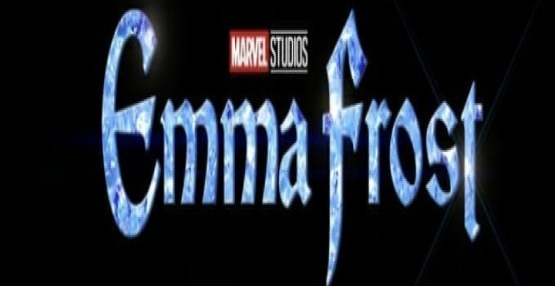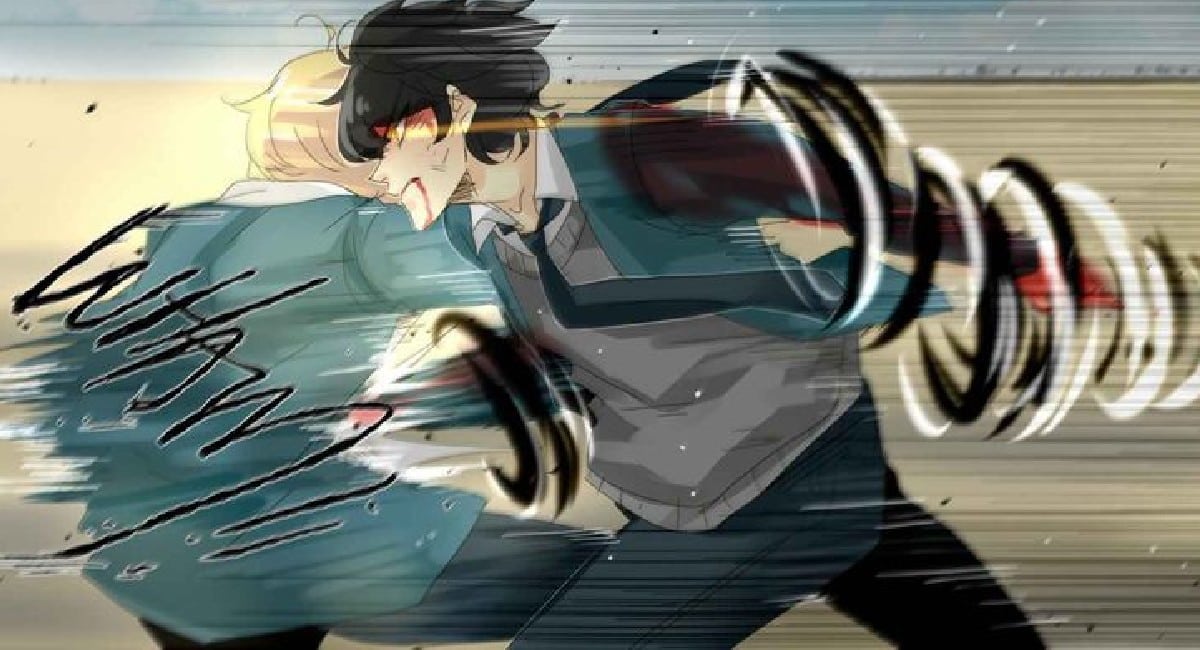
#7 in my ranking of Tony Scott’s filmography.
For the first two-thirds of this film from Tony Scott, I thought it was going to be his best film, and it wasn’t even going to be very close. And then the final third just kind of became a typical action film, Tony Scott on auto-pilot. The writers, Bill Marsilii and Terry Rossio, insist that their script was tighter than what Scott actually filmed (undermining my idea that Scott never, ever wrote a thing on his movies), so I suspect that Scott just pushed the final act towards his own milieu, having worn out his patience on all this quiet, investigatory work that started things.
A car explodes on a ferry in New Orleans, killing over five-hundred people, and ATF agent Doug Carlin (Denzel Washington) starts investigating, quickly going off on a tangent because of a body meant to be one of the victims but found an hour before the explosion in the wrong direction of the tides. This is Claire (Paula Patton), a pretty young girl who lives in the city, missed her meeting with her father, and tried to sell a car the night before. Figuring her connection out and presenting it to the task force led by FBI agent Jack (Bruce Greenwood) and run by FBI special agent Paul (Val Kilmer).

All of this is told is surprisingly restrained style, especially after the stylistic bombast of Domino, feeling more like a high-budget CSI episode rather than a Tony Scott film, and this allows Scott the time and space to focus on his actors. I mean, this is a procedural with an eventual scifi skin, so there’s not a whole lot of space for them to go. This isn’t a deep drama, but it is a place where people like Washington can professionally do his job with few frills. Doug walks into the scene, does his work, and Washington sells it well.
The interesting scifi skin is that Paul heads a unit that’s using an Einstein Rosen Bridge to look four days and six hours in the past. There’s some thin covering of the actual reasons when the team talks to Doug, a narrative decision that feels thin since, watching a movie and not assuming this is the real world like Doug, the audience figures it out real fast. I’ll admit to being amused by seeing the same description of wormholes delivered by Dr. Alexander Denny (Adam Goldberg) as in both Event Horizon and Interstellar, though.

So, the investigation continues with Doug following clues through the screen while questioning the limits of what the team is telling him that he’s watching. It’s a neat whodunit with this extra layer on top, and Doug falls in love with Claire. I mean, I get why the film does it. It’s standard movie trope that cop will fall in love with woman being threatened, but there’s this extra creepy element that the movie does touch on in amusing fashion where they’re watching a woman without her knowing in her own home, without her consent and after she’s already dead.

The stakes get escalated with a nifty chase as Doug has to follow the terrorist who planted the bomb in the past while driving in the present. It’s a rather inventive way to make a chase, and it fits Scott’s stylistic wheelhouse quite well.

I wouldn’t say that the film falls apart after this, though, but it just becomes…more normal. It becomes Scott pursuing his action inclinations as Doug makes a dangerous trip and has to face down the villain in a new circumstance. The ideas of time travel, that, admittedly, never felt like much more than hand-wavey nonsense used to establish a new way to tell a police procedural, largely just get forgotten. This ain’t Looper. Instead, it’s Tony Scott casting aside all concern for science-fiction mechanics in favor of guns, car chases, and a romance that never quite works.
So, the first two thirds may not be perfect, but it’s actually really solid and quite well done. It’s Scott taking the criticisms he faced on his previous film and actually trying to course correct while doing it quite well. I mean, it was never groundbreaking, really just a combination of police procedural and temporal mechanics that seemed to make sense, anchored by a solid performance from Washington and a good supporting cast. When Jim Caviezel comes in later, he gives what is the most interesting performance as well, but he also marks the stylistic changing point, moving from temporal police procedural to action movie.
And that’s not to imply that the action movie stuff of the final third is bad. It’s perfectly fine. Scott pulling back on his excesses works well. It’s actually pretty clear what’s happening, and things move clearly, all built on the characters established in the better first two-thirds.
So, what seemed like it could have been Scott’s best work ends up being pretty good. Near the top, but there are others where things come together slightly better. Still, it’s pretty good stuff.
Originally published here



















 English (US) ·
English (US) ·